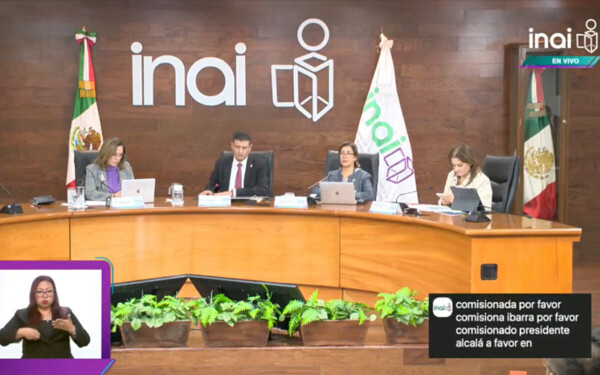
The Faculty of Political and Social Sciences of the National Autonomous University of Mexico (UNAM) organized the seminar "Artificial Intelligence, Work, and Job Qualifications." According to the Adecco Institute, the most vulnerable jobs to Artificial Intelligence include manufacturing workers, vehicle drivers, cashiers, store employees, administrative workers, legal sector professionals, financial analysts, and even farmers.
Gerardo González Chávez, a researcher at the Institute of Economic Research, explained that significant activities globally, such as agriculture, are at risk of being automated. He highlighted that machines are replacing routine jobs as well as complex tasks, requiring affected workers to adapt and develop skills complementary to emerging technology. Professional reinvention and continuous education will be fundamental to excel in the era of artificial intelligence.
In emerging markets like Mexico, it is estimated that between 26% and 40% of jobs will be impacted by artificial intelligence. Although around 49% of companies claim that AI tools allow them to be more efficient, only 46% of employees have received guidance on how to use this technology at work. The new generations of robots are capable of performing creative tasks and have learning abilities, which poses challenges for workers who become unemployed.
The automotive industry has been one of the most effective in applying these technologies, with widespread automation in repetitive and simple tasks since the 1960s. It is estimated that approximately 47% of jobs globally are susceptible to automation, which could result in increased unemployment or a decrease in wages. Artificial Intelligence is redefining the labor landscape worldwide, threatening certain positions but also generating new opportunities in other sectors.














